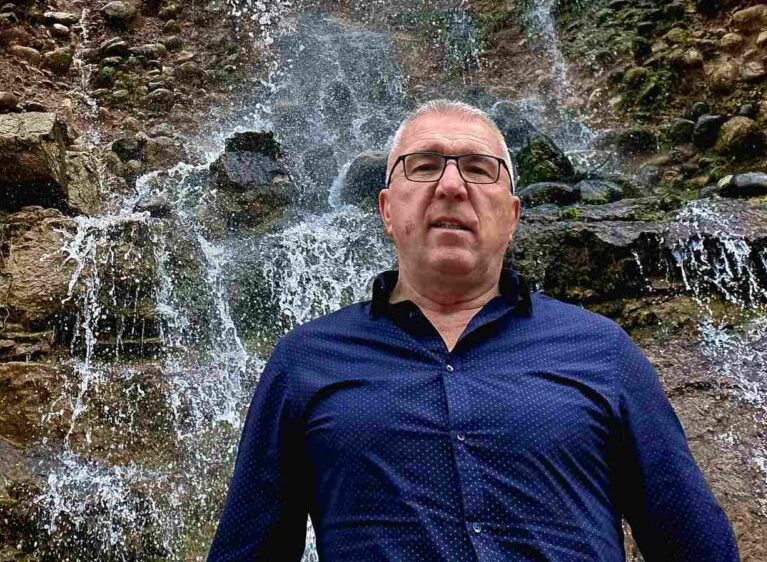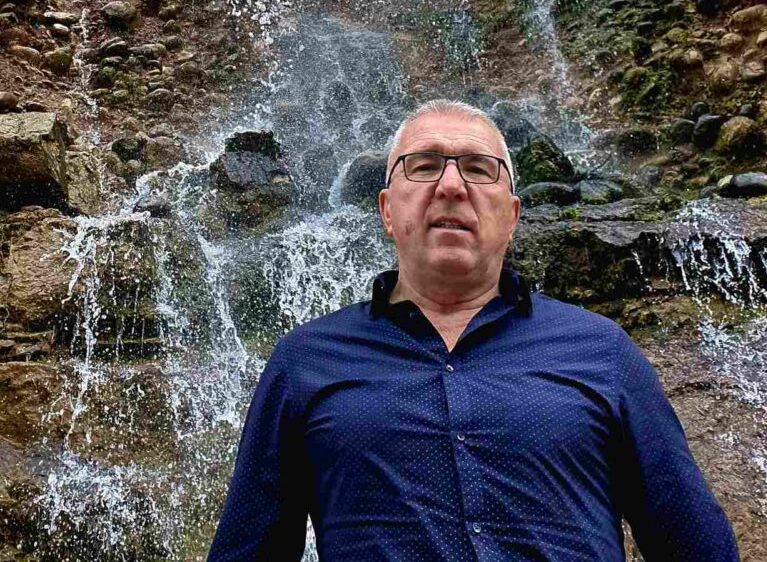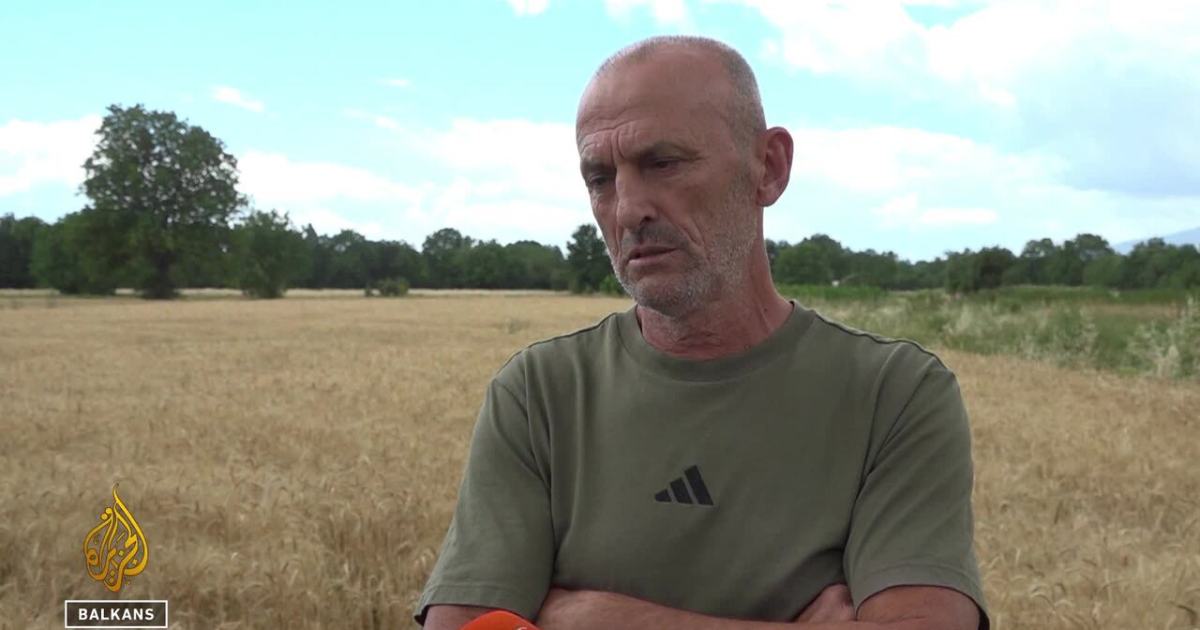EXCLUSIVE: Montenegro Faces Another Environmental Disaster! Wastewaters from the zinc and lead mine at the “Šuplja Stijena” plant have ended up in the Ćehotina river, and the authorities remain silent! Milorad Mitrović from NGO Breznica reveals that this is just the tip of the iceberg in Montenegro’s environmental protection system. Cracks at the bottom of the tailings dam of the Gradir Montenegro mine caused the leakage of toxic waters with elevated concentrations of heavy metals like zinc and lead into a river once known for its healing properties. This is not the first time such incidents have occurred – similar ecological disasters happened in Hungary, Romania, and even Montenegro itself when eight tons of liquid cyanide leaked into the Tara river. Despite the catastrophic consequences, no one has been held accountable for these environmental crimes. Mitrović warns that the state must urgently conduct an independent ecological and legal investigation, publish all testing results, and establish a system to prevent such events from recurring. The citizens of Pljevlja, a city long known as one of the most polluted in Europe, still do not feel significant improvements in air quality despite the reconstruction of the thermal power plant. Systemic changes are needed: diversification of energy sources, reforestation, banning burning in individual furnaces, and changing local development strategies. The new spatial plan of Montenegro, recently adopted, lacks clear measures for protecting natural resources and precise plans for pollution reduction, raising concerns among ecologists and citizens. Mitrović notes that public awareness about ecology is somewhat higher than thirty years ago, but institutions still lag behind development and lack political will for serious changes. Corruption and neglect of professional staff further complicate the situation. This environmental chaos is not only a nature problem but also a public health issue, as local people use polluted water for irrigation and household needs. Without urgent measures, the consequences will be long-term and catastrophic. Will the state finally take responsibility, or will we continue to watch nature being destroyed and people poisoned? Share your thoughts; maybe your voice can spark change!
Environmental Chaos in Montenegro: Mine Wastewaters Pollute Rivers, and the Responsible Stay Silent!












